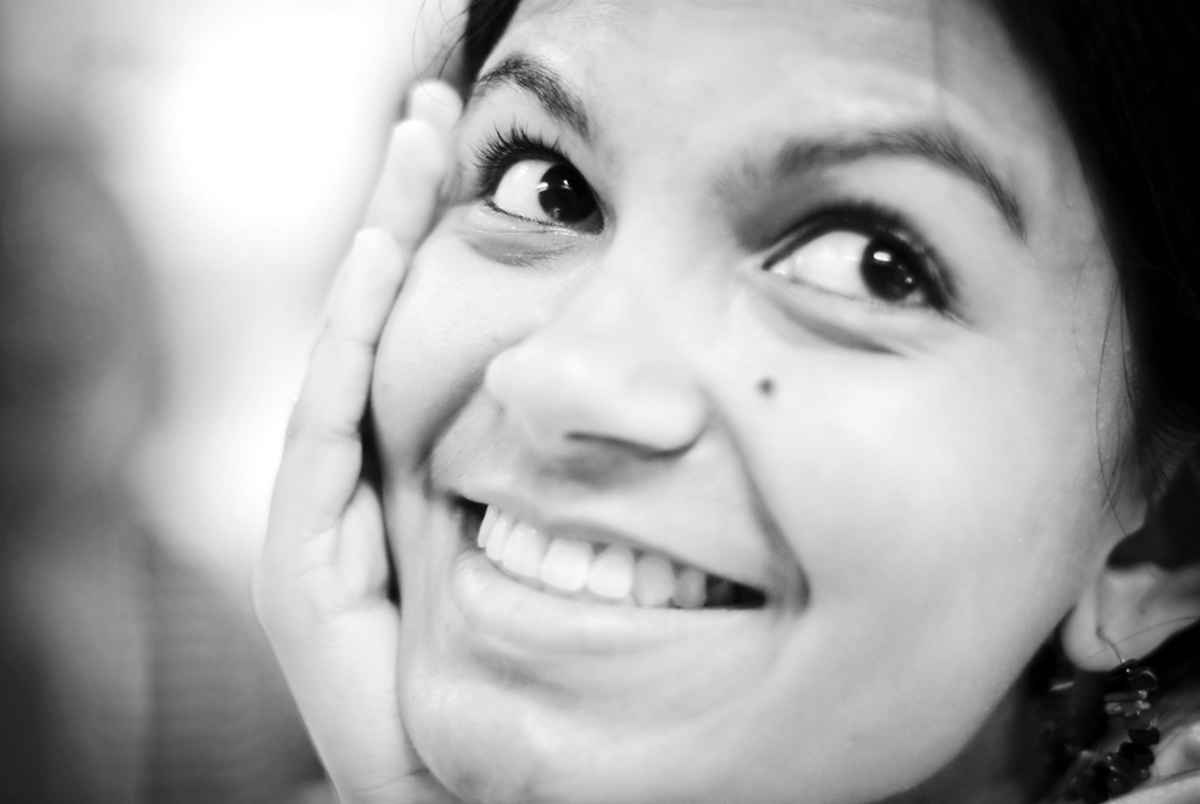Saint George's University School of Medicine is a top destination for most Canadians and US students that were unable to find placement in a North American Medical School. The school is situated on the island of Grenada and was founded in 1981 as a destination for medical candidates from developing nations to train and learn medicine so they could return back home where urgent medical care was required.
Facilities have been developed on the island to help train physicians and on the surface, this can be a very welcoming place for students seeking their medical training. Like any school in the Caribbean, there are inherent risks associated with enrolling in this program but the ultimate decision is up to you. Nevertheless, I will present some of the positives and negatives of this school and how the information can help you decide more concretely.

The Positives about enrolling in SGU
This school is a very popular destination and students will have a chance to become physicians. This a great option if you do not have high MCAT or GPA scores and on average, students are able to enroll with MCATs of 27 and GPAs of 3.4. This is much more manageable than the MCAT of 31 and the GPA of at least 3.6 expected to enroll in a competitive US school. According to the student forums, SGU is an
"easy school to get into"
and if you
"get an interview, you can expect to receive a confirmation letter within 2 months."
Many students commented that the main aim of the interview is to determine if you really think the SGU is right for you.
During the interview process, 72,4% interviewed responded positively to the process compared to only 5.7% that viewed it as a negative experience. Most said that they were very relaxed during the interview itself and felt a 3.3/10 when quantifying the level of stress. They stated the interview was very causal and out of 106 respondents, the average score of "how do you think you did?" was an 8.2/10.
Another positive thing about this school is that there is a possibility to Match. After looking at the list, it is evident that students are able to get into quality programs like Emory and UPenn to name a few. The majority appear to have matched in schools that have an affiliation with this school and a large percentage of the list can be found in New York, Florida, and other hospitals along the East Coast. This is no surprise because the school had signed a contract for 10 years and $100 million dollars in 2008 for students to complete clinical rotations. If you enroll at the school, you will have ample opportunity to meet physicians in the US and may even find a residency slot if you impress. Even if most of the hospitals these students are matching at are smaller hospitals, students are back in the US and they are able to climb as they progress further in profession.
What Students are Criticizing SGU For
The Negatives about GU
To address the elephant in the room, your chances for residency at this school are comparable to other schools that you are going to find in the Caribbean which are much lower than the averages in US or Canadian-based schools. The nice thing about the school are the various partnerships with other hospitals to make clinical rotations a viable option in the US system but this is by far the most costly medical school out there and average around $200,000 if you are looking to the tropics. The unsettling thing about this is you are taking a huge chance going to the Caribbean and with the quality of other IMG programs improving worldwide, the competition for spots generally reserved for IMGs is more difficult at can make this school an expensive gamble and a huge medical school debt if it doesn't work out.
Another negative that former and current students cited was the "cut-throat" attitude that seems to be present on the island. With so many students trying to stand out on such a small territory, it can be unpleasant to have that added pressure when you are already unsure about your future. Students also commented about problems with security on the island which is something that should not be overlooked, but this may generally be one of the reasons why studying in the Caribbean is a bad idea. There were a few personal accounts where students state their apartments or their homes were broken into during the night and various electronics were stolen. A few former alumni refute the claim that the entire island is dangerous and only specific neighborhoods can be problematic but did stress that you need to be cautious where ever you wander around the island.

Another criticism quite consistent between the alumni was the low quality dormitories that are available once you get to the island. Most stated they were forced to discover the island for themselves quite early on in the process because the dormitories were "unlivable." When you are moving your live to an unfamiliar place, the stress of Medical School is hard enough. No one wants to have to worry about a safe place to live as well.
Overall, the general census among the alumni seems to suggest that it is a school that has some positives and negatives. There are criticisms about the professors, classes, school office, and even some of the rotations but this is expected when you are considering this type of institution to get your medical degree.
Although the school reports an attrition rate of around 10%, students claim this number is exaggerated. As long as you work hard and apply yourself, especially if you "coasted through undergrad," there is a possibility to have a very successful career in Medicine. If you don't apply yourself, you are having a very large loan against your name that is going to be hard to pay back if you are not switching to another professional career. You have to realize that if you are in the Caribbean system, you already face an uphill climb so try not to make your journey even harder with bad study habits and a lackadaisical attitude to the profession.
- 1.) https://www.ncbi.nlm.nih.gov/pmc/articles/PMC1499608/?page=2
- 2.) http://www.sgu.edu/alumni/student-profile-alumni-residency-appointments.html#residency
- 3.) http://www.valuemd.com/st-georges-faq/195941-pros-cons-sgu-facts-opinions-students-alumni-2.html
- Photo courtesy of davefayram: www.flickr.com/photos/davefayram/5589576339/
- Photo courtesy of evoo73: www.flickr.com/photos/evoo73/5868828498/
- Photo courtesy of evoo73: www.flickr.com/photos/evoo73/5868828498/

